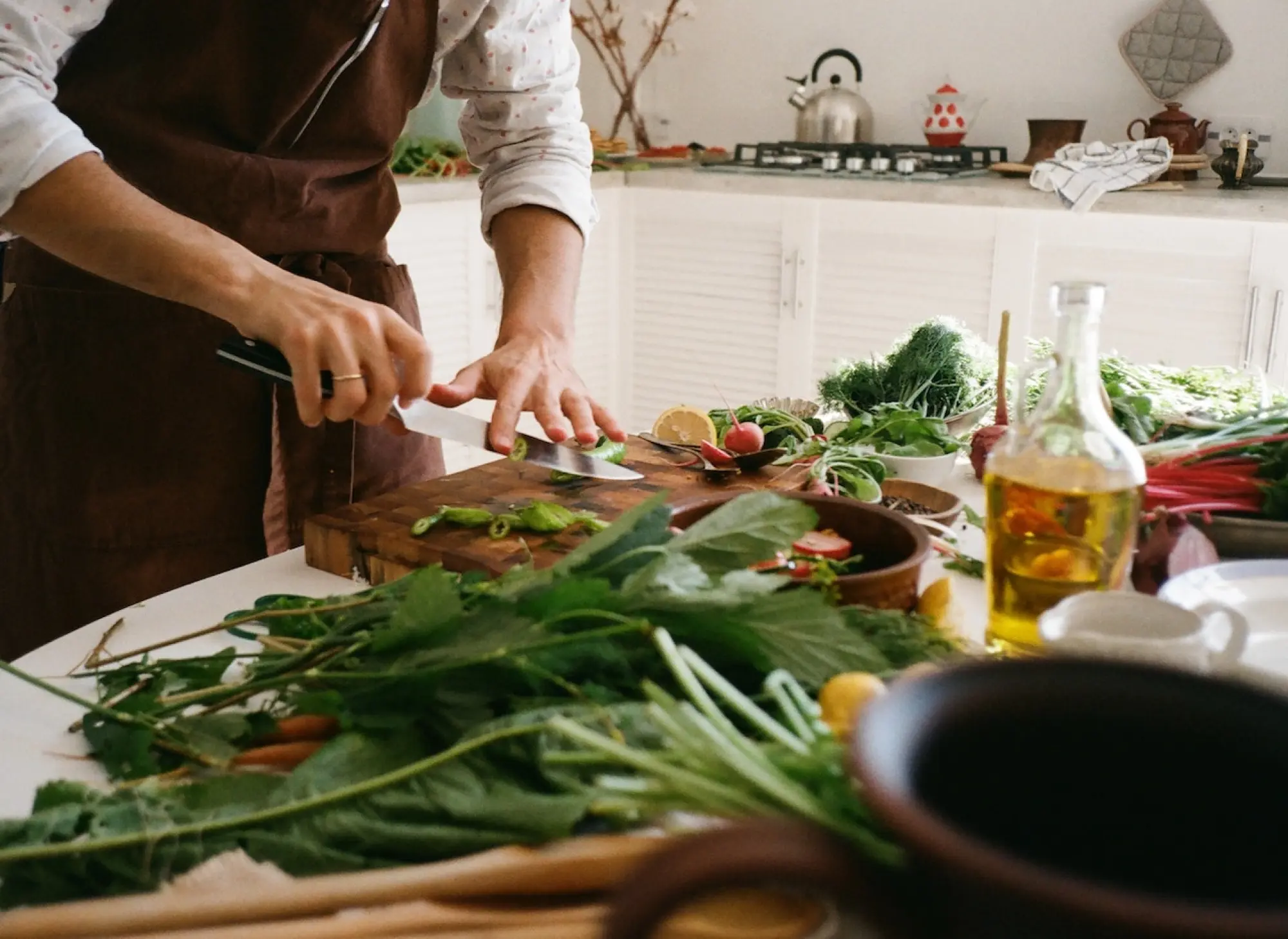The best way to tackle the food waste problem is to prevent food being wasted in the first place. However, in many businesses, this isn’t always possible. If you still find yourself with food waste in your kitchen, here are the next best alternatives…
1. Redirecting waste to feed those who need it
Where it’s not possible to prevent food waste, then your next course of action should be to ensure the food is redirected to people who will use it. The easiest way to do this is to sign up with an organisation that specialises in this type of redistribution. For example, food waste app Too Good To Go enables users to buy food that hasn’t been sold and would otherwise go to waste — at a fraction of its usual price. Hospitality businesses across 17 countries have embraced this option and, in spring 2022, Too Good To Go was recognised for providing a solution to the global food waste challenge, with a place on the TIME 100 Most Influential Companies List.
Depending on where your business is located, there’s sure to be a similar organisation in operation. The Felix Project in London collects otherwise wasted fruit, vegetables, baked goods, meat and fish from supermarkets, wholesalers, farms and restaurants, sorting and redistributing food to more than 400 charities, schools and holiday programmes. Throughout Ireland and the UK, FoodCloud connects surplus food from businesses with over 7,500 charitable groups; OzHarvest is a similar venture in Australia, while MealConnect does the same work in the US.
2. Using waste in agriculture
Redirecting food scraps to feed chickens and pigs can save farmers money — and potentially cut your costs, too, as it is often cheaper than sending waste to landfill. Consider forming circular, symbiotic partnerships with local farms that benefit everyone involved.
Composting is another option. In Frea, a zero-waste vegan restaurant in Berlin, a composting machine — affectionately nicknamed ‘Gersi’ — turns leftover food into compost within 24 hours. The compost is then delivered to supplier farms. In Vancouver, the Fairmont Waterfront has a vertical garden that composts the kitchen’s food waste onsite and uses it to fertilise plants. This cleverly designed garden supports 100 plants in less than one square metre of space, making this achievable for many establishments.
3. Using waste to generate energy
There is increasing interest in using food waste to create biofuel and bio-products. Not only does this alleviate some of the environmental issues associated with wasted food, but it also encourages the use of alternative, sustainable energy sources.
One example is Fairmont Jasper Park Lodge in Alberta, Canada, partnered with Twin Meadows Organics Farm. This sustainable, organic family farm supplies the hotel kitchen with fresh, local produce. Meanwhile, the hotel sends waste vegetable oil back to the farm, where it’s used to fuel the delivery truck and generator.
In late 2021, Finnish restaurant chain Hesburger announced a new collaboration with Neste, forming a circular economy. Used cooking oil from more than 300 Hesburger restaurants is recycled by Neste to produce renewable diesel, which is then used by Hesburger to power the majority of its transport vehicles in Finland. This reduces the greenhouse gas emissions generated by the company’s transportation by up to 90%, compared to fossil diesel use.
Rest assured that this approach isn’t only achievable for bigger companies and chains. Bournemouth-based Arbor — named the UK’s most environmentally-friendly restaurant two years in a row — sends used cooking oil to be converted to biofuel. There are even companies that do the legwork for you: Ontario startup StormFisher collects food waste from restaurants and grocery stores, using anaerobic digestion to produce methane, which is then used as biogas.
Are you interested in reducing food waste in your business? We can help! Nutritics makes it easy for you to control food waste effectively, identifying optimal serving sizes and highlighting which dishes are working best for you. Get in touch today to learn more.
